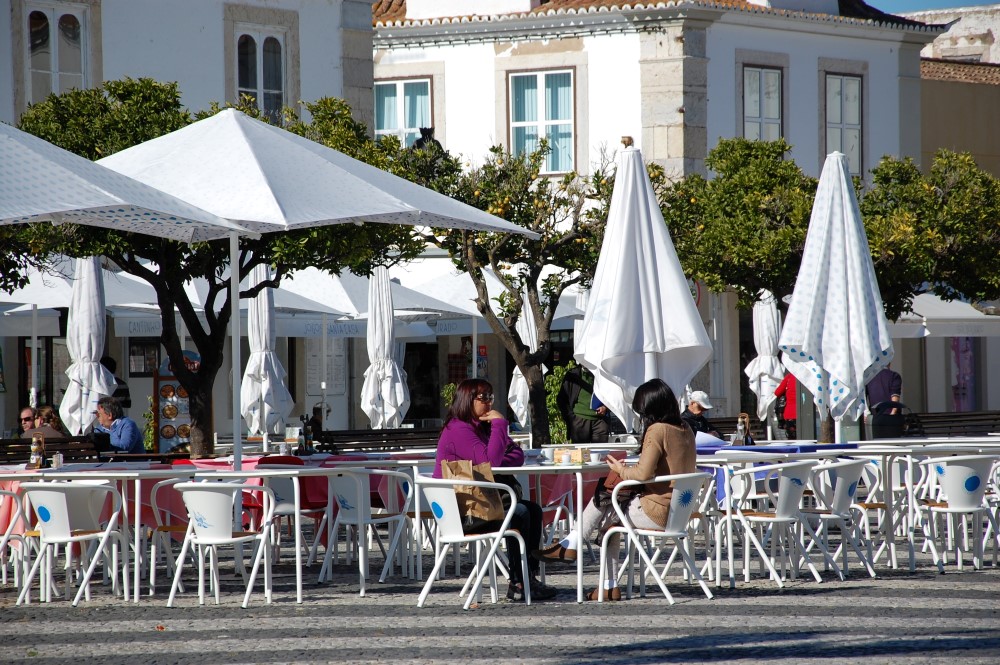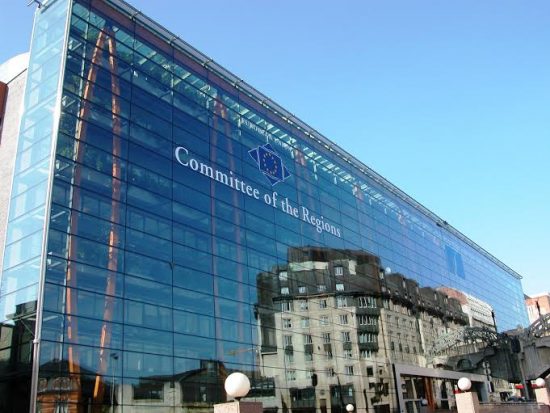 Between 31 August and 4 September, the municipality of Vila Real de Santo António receives a visit from a Libyan delegation and health experts to support the «authorities of that Mediterranean country in the implementation of a health care network primary'.
Between 31 August and 4 September, the municipality of Vila Real de Santo António receives a visit from a Libyan delegation and health experts to support the «authorities of that Mediterranean country in the implementation of a health care network primary'.
Vila Real de Santo António will be representing both the Euro-Mediterranean Regional and Local Assembly (Arlem) and the Committee of the Regions (CoR) of the European Union.
In addition to these seals, the mission has the support of the High Representative for Foreign Policy and Security of the European Union, Federica Mogherini, and is part of the Nicosia strategy.
The visit's program will count on the collaboration, among other entities, of the President of the Order of Nurses Ana Rita Cavaco, leaders of the Regional Health Administration (ARS) of the Algarve, representatives of the Hospital Particular do Algarve group, as well as other entities and bodies linked to the health sector.
During the work, several seminars and work visits will be held.
“Some pioneering projects developed by Portugal and by the VRSA autarchy in the area of health, of which the “Care” eye care program, through which more than 10 people have been treated in just two years,” says the Chamber of VRSA.
 The Mayor of Vila Real de Santo António, a member of the Euro-Mediterranean Regional and Local Assembly (Arlem) since October 2015, as part of his work in the EU Committee of Regions, will coordinate and direct the work on behalf of the Co-Presidents of the Euro-Mediterranean Assembly: Markku Markkula, also President of the CoR, and Hani Abdalmasih Al Hayek, Mayor of Beit Sahour, (Palestine).
The Mayor of Vila Real de Santo António, a member of the Euro-Mediterranean Regional and Local Assembly (Arlem) since October 2015, as part of his work in the EU Committee of Regions, will coordinate and direct the work on behalf of the Co-Presidents of the Euro-Mediterranean Assembly: Markku Markkula, also President of the CoR, and Hani Abdalmasih Al Hayek, Mayor of Beit Sahour, (Palestine).
“With this initiative, we are laying the foundations to strengthen the reception strategies of southern European countries, involving local governments, the private sector and civil society. In the same way, we are contributing to the construction of social justice in Mediterranean countries, where migratory flows or military conflicts have generated profound economic and social transformations», noted Luís Gomes.
«More than a new political and economic scenario, the transformations that have taken place in recent years in the Mediterranean area should be seen as a challenge and an opportunity to extend the ties of economic and social collaboration with the European Union, particularly in terms of refers to the qualification of human resources and the correction of asymmetries in the territories of the Mediterranean», concluded the mayor.
What is Arlem
Arlem was founded in 2010 by the Committee of the Regions of the European Union and its mission is to strengthen the dialogue between local and regional representatives of European and Mediterranean policies, bringing the borders of the European Union closer to the authorities of countries bordering the Mediterranean.
The Assembly is composed of 80 members and is equally divided between 15 representatives from the Mediterranean (which include countries such as Morocco, Tunisia and Algeria), the European Union and a set of partners, associations and corporate institutions.
What is the mission?
Following the granting of observer status to Libya under the Union for the Mediterranean, the Committee of the Regions has been in contact with Libyan local authorities since July 2015, in light of the first meeting organized by UNSMIL in Brussels (March 2015). XNUMX), bringing together various mayors with a view to supporting the UN.
Thus, before the plenary session of the ARLEM commission, held in Nicosia, on January 19, several Libyan mayors and political representatives sent to the CoR president, Markku Markkula, defined a list of priorities for, in collaboration with the Committee, to initiate a partnership process and know-how sharing.
Nicoia's strategy is, therefore, a diplomacy action based on a bottom-up approach, through which cooperation partnerships are sought in the form of seminars or field work, as an example of this working visit. will be performed in VRSA.


















Comments